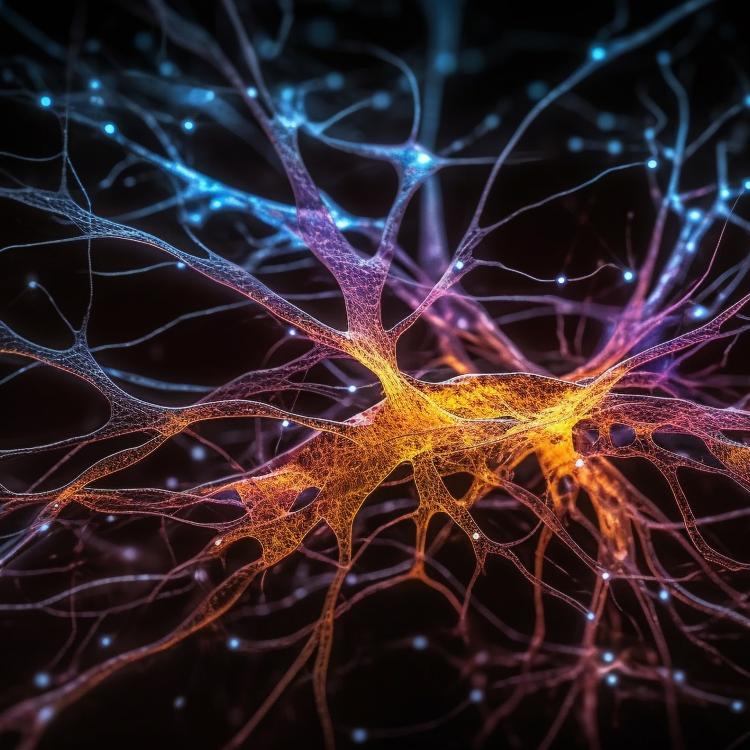Using the Project-1 hiPSC platform, this project builds AI pipelines to learn disease-relevant representations from cellular images, fused with multi-omics. Models will classify diagnosis and predict treatment response with strict donor-level splits, cross-regional external validation, and fairness audits (sex/ethnicity stratification). Interpretable AI (e.g., attribution maps, SHAP) will nominate mechanism-anchored biomarkers and candidate interventions. Tooling will be containerised and open to support reproducibility and clinical translation.
Research projects in Information Technology
Displaying 1 - 10 of 117 projects.
Optimal Design of Control Charts for Enhanced Statistical Process Control
This research focuses on developing and evaluating methodologies for the optimal design of control charts within the framework of Statistical Process Control (SPC). The study aims to determine the best configuration of chart parameters, such as sample size, sampling interval, and control limits, to minimize detection time for process shifts while controlling false alarm rates. It explores both traditional and advanced optimization techniques, including analytical models, simulation-based approaches, and data-driven algorithms.
Digital Twin and AI for Real-Time Environmental Simulation
The project involves building a high-fidelity digital twin of complex urban or environmental systems by integrating GIS data, IoT sensor measurements, and domain-specific information. AI models will be developed to predict dynamic behaviors and key risk zones, and these models will be embedded into the digital twin to enable real-time simulation and visualization. The system’s performance will be evaluated in terms of prediction accuracy, computational efficiency, and usability to ensure it provides actionable insights for decision-making and planning.
Mobile AI for Food Image Recognition Using Knowledge Distillation
The project involves building and curating a comprehensive food image dataset suitable for mobile AI applications. High-accuracy deep learning models will be trained on this dataset and then compressed into lightweight student models using knowledge distillation, enabling efficient real-time inference on mobile devices. The distilled models will be deployed and optimized on mobile platforms, with their performance evaluated in terms of classification accuracy, computational speed, and overall usability.
Vertical Integration, Platform Access, and Performance in Asian Film Industries
This project examines how films produced in Asian markets perform in terms of commercial success and critical recognition using real-world industry data. Students will compile a dataset of films from regions such as Hong Kong, China, South Korea, and Southeast Asia, drawing on publicly available sources to analyse indicators such as production budget, box office revenue, streaming platform release, and awards. Using quantitative data analysis methods, the project aims to identify patterns and factors associated with successful film outcomes.
Digital Platforms for Sustainable and Nutritionally Informed Food Choices
This project explores the development of digital tools that measure the carbon footprint and nutritional impact of meals to support sustainable eating. It aims to integrate environmental and nutritional data into a user-friendly platform, enabling consumers, restaurants, and policymakers to make informed food choices and reduce diet-related emissions.
Probabilistic Active Goal Recognition
Goal Recognition is the task of inferring the goal of an agent from their action logs. Goal Recognition assumes these logs are collected by an independent process that is not controlled by the observer. Active Goal Recognition extends Goal Recognition by also assigning the data collection task to the observer. This Ph.D. project will provide a unified probabilistic and decision-theoretic perspective to fundamentally solve the central question: how should an observer act in an environment to actively uncover the goal of the agent?
PhD opportunities on Multomodal LLM/ human understanding
We have several PhD opportunities available in areas such as Multimodal Large Language Models (MLLM) for human understanding, MLLM safety, and Generative AI.
If you have published in top-tier conferences (e.g., CVPR, ICCV, ECCV, NeurIPS, etc.), you will have a strong chance of receiving a full PhD scholarship.
Uncertainty quantification using deep learning
Two PhD scholarships are available, funded through a DECRA, which explore the use of deep learning models for uncertainty quantification.
GEMS 2026: Toward Distribution-Robust Medical Imaging Models in the Wild
While deep learning has shown remarkable performance in medical imaging benchmarks, translating these results to real-world clinical deployment remains challenging. Models trained on data from one hospital or population often fail when applied elsewhere due to distributional shifts. Since acquiring new labeled data is often costly or infeasible due to rare diseases, limited expert availability, and privacy constraints, robust solutions are essential.

